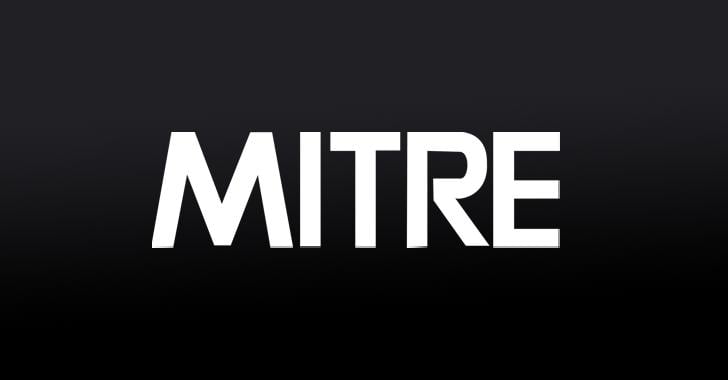The Chrome zero-day exploited in the wild and patched by Google a few weeks ago has a new ID and a description that tells the whole story: the vulnerability is not in Chrome, but the libwebp library, which is used by many popular applications for encoding/decoding the WebP image format.
The source of the vulnerability is a flawed implementation of the Huffman coding algorithm, which may allow attackers to trigger a heap buffer overflow and to execute arbitrary code.
CVE-2023-5129 affects libwebp versions 0.5.0 to 1.3.1, and has been fixed in version 1.3.2.
Rezilion researchers have previously posited that CVE-2023-41064, a buffer overflow vulnerability in the ImageI/O framework recently fixed by Apple and exploited to deliver NSO Group’s Pegasus spyware, and CVE-2023-4863, the aforementioned Chrome zero-day, are effectively the same flaw.
Some of these have already incorporated patched for the vulnerability, and some have yet to do it.
The good news for enterprises using vulnerability scanners is that they will finally be able to automatically detect and proceed to remediate the vulnerability across their systems.




